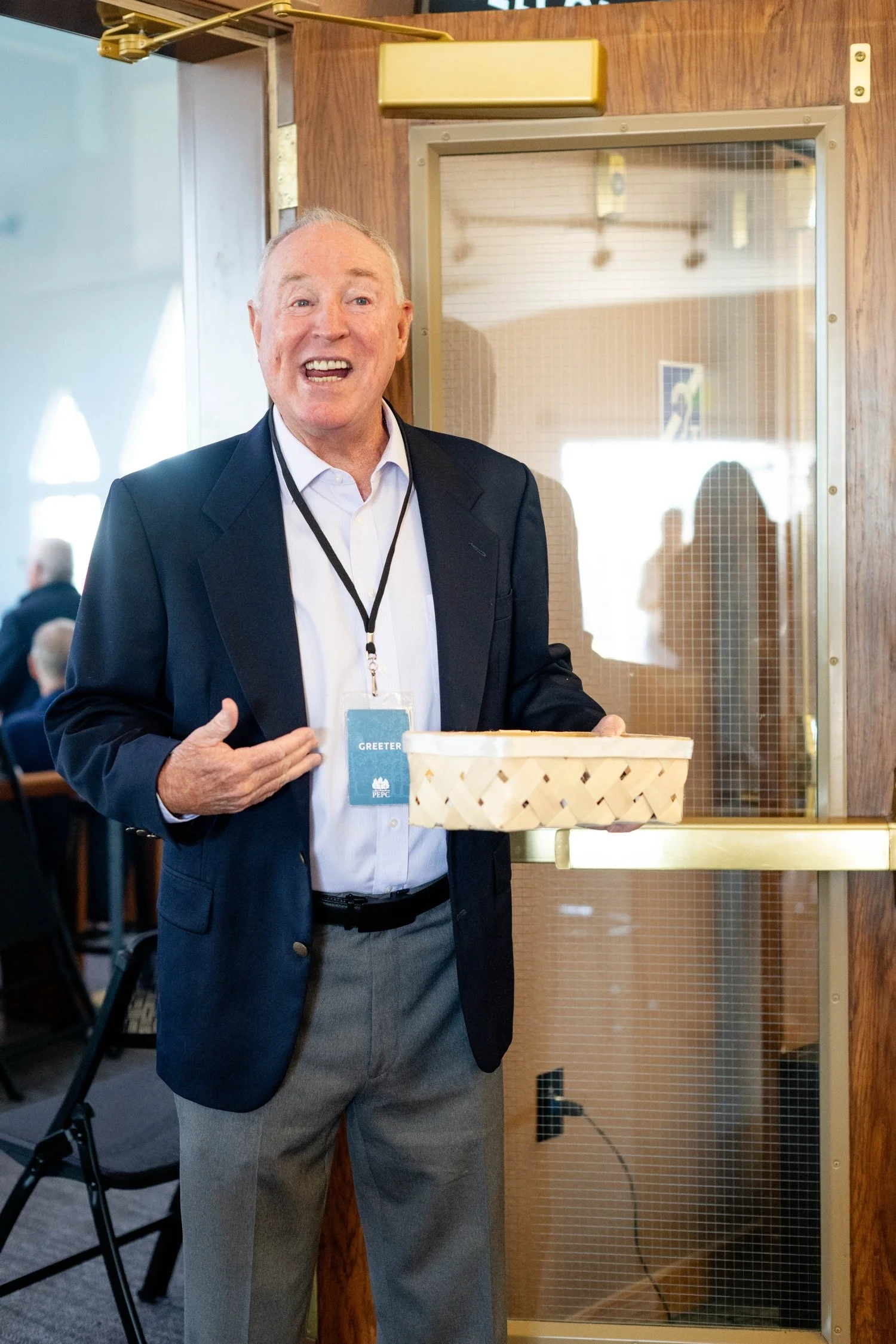Readings for today: Ezekiel 5-8, Psalms 32
God is just. It’s a fundamental attribute of His divine character. He will not let the guilty go unpunished. He will not let evil escape judgment. He will not let those who commit crimes get off. He is fiercely committed to enforcing His Law. And, in the abstract, I think everyone expects God to be just. We want Him to judge the guilty. We want those who commit great evil to get their due. We just don’t ever want it to happen to us.
God’s justice is a common theme in the prophets. God’s people have been stockpiling sin for generations. God has graciously withheld His righteous judgment to give them ample opportunity to repent but eventually justice must have it’s day. Ezekiel lives in such a time. Israel is finally going to pay for her sins. She is going to pay for all the abuse of power, arrogance and pride, violence, oppression, exploitation, and idolatry she has committed. There is no question of her guilt. God sees all and knows all. Not a single crime escapes His notice. His ledger is full and detailed. As harsh as it may seem, they’ve earned all they’re going to get. The destruction of Jerusalem. The suffering and death of so many at the hands of the Babylonians. God refuses to relent until every last sin is paid for in full.
I recently came across a thread on social media from a well-known, very progressive rabbi. He spends a lot of time harshly critiquing the Christian faith. One of his main critiques is the lack of justice in our faith. He simply believes a God who forgives is unjust. He is not worthy of worship. Yes, he knows atonement theology. He knows we believe Jesus became our substitute and took God’s judgment on Himself. He just simply cannot bring himself to believe it. In fact, he gets angry when anyone presses him on it. He believes such an act makes God unrighteous. How could a just God punish the innocent in place of the guilty? What he misses, of course, or simply cannot accept, is the fact that Jesus is God Incarnate. God Himself taking on human flesh and becoming one of us in order that He might stand in our place. God didn’t just choose some random person to pay for the sins of the world. He didn’t sacrifice a prophet or good, moral teacher in our place. He laid down His own life to satisfy the demands of divine justice so that He, in turn, might show us mercy. That’s what the gospel is all about and it continues to be a “stumbling block to Jews and foolishness to Gentiles.”
I know it’s not easy to read through passages like the one we read today. The blood and violence and righteous anger of God is disturbing. And yet, it should remind us yet again of the unbelievable sacrifice Jesus made on our behalf. It should fill our hearts with gratitude for all Jesus has done for us. Jesus took my place. Jesus stood in my stead. Jesus paid the price I had earned. He endured the punishment I deserved. He did this so that I might be washed clean, set free, and live with Him for all eternity.
Readings for tomorrow: Ezekiel 9-12, Psalms 33




